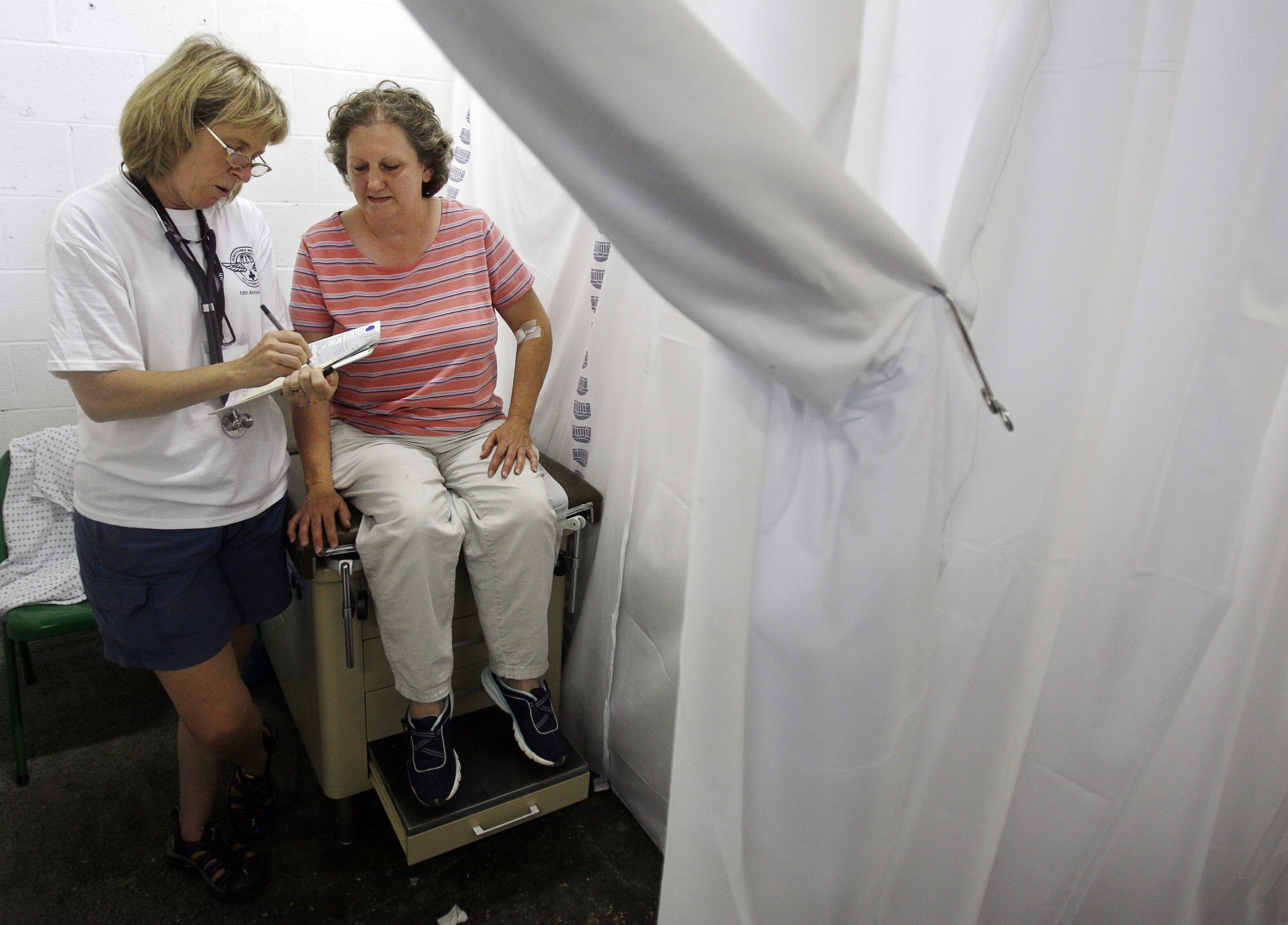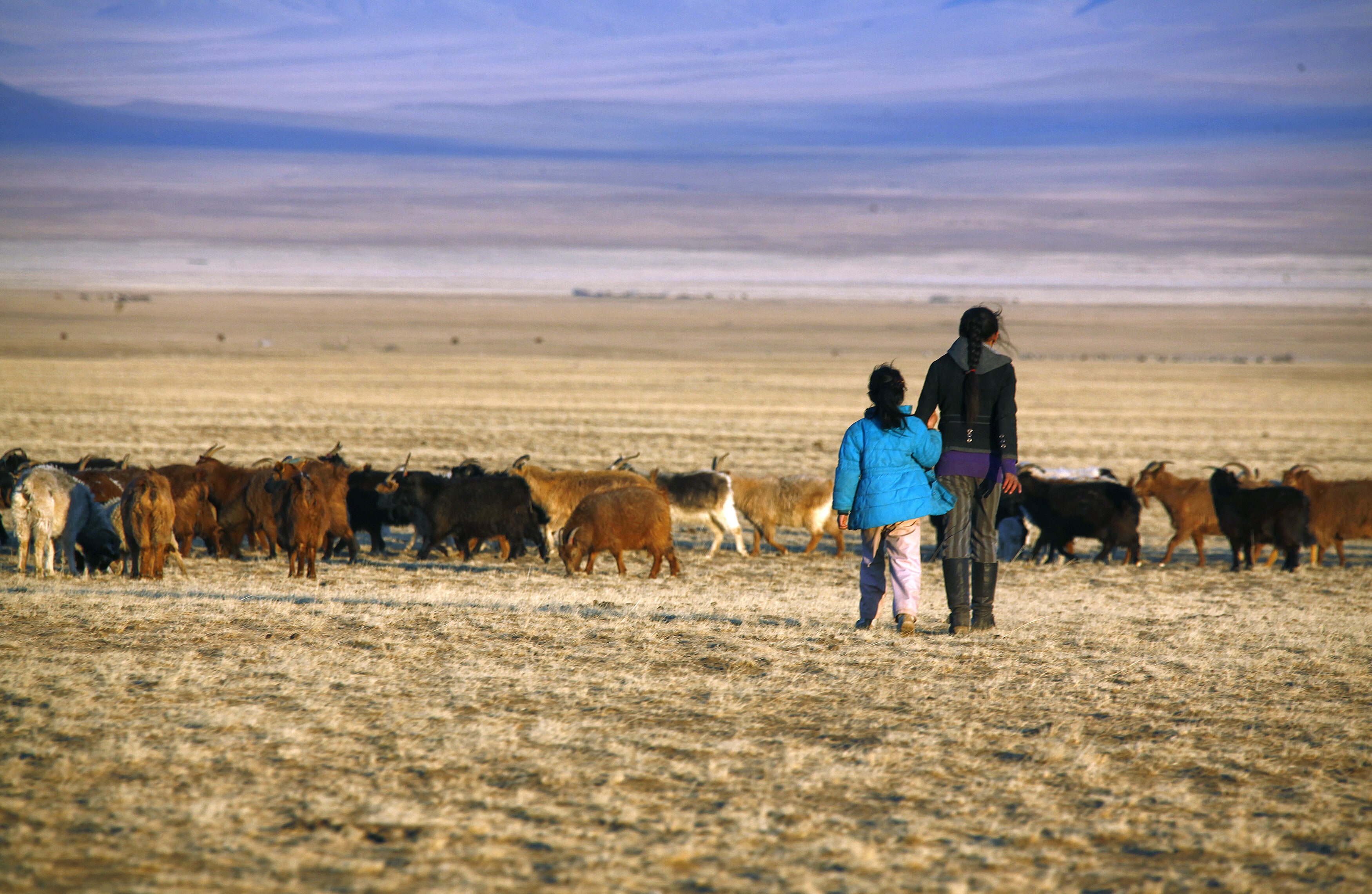Five reasons the private sector should invest in the potential of smallholder farmers
Simply put, if you’re not supporting smallholder farmers, you’re not supporting sustainable development for those who need it most.
Image: Unsplash/Greenforce Staffing
Stay up to date:
Fairer Economies
Listen to the article
- Food commodity speculation has a negative impact on the world's most vulnerable and is driving up hunger and global food insecurity.
- Many of those who are most affected are smallholder farmers who struggle below the poverty line and cannot afford to maintain their crops.
- Private sector investors can become part of the solution to global poverty by investing in agribusinesses that support smallholder farmers.
The negative impact of food commodity speculation on the world’s most vulnerable people has been reported in recent news stories. It’s a short-term and damaging way to invest in commodities.
Most alarmingly, beyond the abstract world of derivatives, futures and indexes, it is driving up hunger – more than 345 million people face high levels of food insecurity in 2023, double the number in 2020.
Many of these people are smallholder farmers who struggle below the poverty line. When financial speculators cash in on commodities, the smallholder who can no longer afford to fertilize their crops or keep up with rising food prices loses out.
Why you should invest in agribusinesses that support smallholder farmers
But there is an alternative. Private sector investors can choose to become part of the solution to global poverty by investing responsibly in agribusinesses that support smallholder farmers. Yes, it comes with risk and the returns may take longer to arrive, but here are five reasons why it's worth considering.
1. Ethically and commercially, it is the right thing to do
Simply put, if you’re not supporting smallholder farmers, you’re not supporting sustainable development for those who need it most. Some 70% of people in extreme poverty, earning under $1.90 per day, live in rural areas, many make a living off the land around them and harvest crops that play an important part in global food systems. By investing in agribusinesses that are committed to improving the livelihoods of smallholder farmers you are playing a direct role in increasing their incomes and economic resilience.
That’s the ethical imperative, but there is a commercial one too. Businesses are under greater scrutiny from their partners and consumers, whose buying decisions are increasingly swayed by a product’s environmental, social and governance (ESG) credentials.
The regulatory landscape is also shifting, as governments and international bodies tighten oversight of supply chains. For example, the European Union’s Corporate Sustainability Reporting Directive came into effect in January this year, with European Sustainability Reporting Standards, which encompass a company’s value chain, to follow in 2024. Rather than an afterthought, sustainable supply chains are becoming a business necessity.
2. There is huge potential to unlock growth where it is most needed
Many countries that are categorized as least developed are also rich in agricultural commodities. This is a mixed blessing. It often leads to an over-reliance on the export of raw commodities which leaves them vulnerable to price volatility. But this also highlights an economic opportunity.
There is clearly huge demand for the products made using crops grown by smallholder farmers – we’re not going to stop drinking coffee or eating chocolate anytime soon. But smallholders struggle to profit from international demand and expanding local consumer markets.
By investing in agribusinesses so they have the tools and capacity to boost productivity and process raw commodities into value-added products locally, a greater share of the rewards will remain local.
In regions of the world with a young population and a high number of commodity-dependent countries, such as in Africa, investment in small and medium-sized agribusinesses (agri-SMEs) with processing capacity creates much-needed economic opportunity, reducing migration and building prosperity for future generations. In Africa alone, SMEs provide an estimated 80% of jobs across the continent, powering growth.

3. In an interconnected world it's possible to balance risk, reward and impact
Agribusinesses provide a vital link to higher-value global markets for smallholder farmers. With the right support, agribusinesses can expand into those markets and increase the rewards they pass on to smallholders.
In addition, tech innovation, such as traceability software, enables the international brands and buyers they work with to verify the sustainability and equity of their supply chains. This also enables them to ensure farmers are paid a premium.
From an investor’s perspective, there is a decent return to be made from this model. There’s long been an assumption that focusing on impact requires your returns to take a hit, but that’s not necessarily the case.
How is the World Economic Forum promoting responsible models of consumption?
For example, an International Finance Corporation (IFC) examination of its equity projects from 1988-2016 found they returned 36% more than an equivalently timed investment in the MSCI Emerging Market index.
4. Expert partners ensure the social and environmental value of investments
Working with funds that have experience in the agricultural development space ensures investment does more than simply generate financial returns. Impact-focused funds apply their expertise to ensure they deliver social and environmental good as well.
In the first instance, how an agribusiness contributes to wider progress or has the potential to, is a core part of the investment decisions they make. From there, they become partners, providing technical assistance that strengthens an agribusiness’s capacity to grow, which in turn accelerates impact.
This assistance can take numerous forms, from conducting feasibility studies into new product lines to expanding a business’s network of smallholder suppliers, to designing training programmes that teach sustainable growing techniques.
5. Innovative development funds share risk while supporting long-term impact
An additional $3.9 trillion in funding is required to achieve the United Nations’ Sustainable Development Goals (SDGs) and less than 3% of sustainable financing goes to lower-income countries, according to the Organisation for Economic Co-operation and Development (OECD).
Accept our marketing cookies to access this content.
These cookies are currently disabled in your browser.
To close that gap and create change at the scale that is needed will take funding from all sources. This includes innovative solutions, such as blended financing, that are designed to attract private-sector investors.
Blended financing uses capital from public institutions and philanthropic organizations to reduce risk for private-sector investors that want to invest in high-impact projects. Platforms such as Convergence are raising the profile of this form of financing and bringing organizations together.
At the Common Fund for Commodities (CFC), we’ve also established a blended finance vehicle called the Agricultural Commodity Transformation (ACT) Fund. ACT aims to combine $20 million in first loss capital with private sector funding to generate $100 million of investment in agri-SMEs that often struggle to access financing.
This kind of targeted long-term investment helps smallholder farmers overcome the barriers that prevent them from benefiting fully from the crops they grow. It is the positive way for the private sector to invest in the potential of commodities and ensure your daily cup of coffee is secure for years to come.
Don't miss any update on this topic
Create a free account and access your personalized content collection with our latest publications and analyses.
License and Republishing
World Economic Forum articles may be republished in accordance with the Creative Commons Attribution-NonCommercial-NoDerivatives 4.0 International Public License, and in accordance with our Terms of Use.
The views expressed in this article are those of the author alone and not the World Economic Forum.
Related topics:
Forum Stories newsletter
Bringing you weekly curated insights and analysis on the global issues that matter.
More on Equity, Diversity and InclusionSee all
Nina Rawal and Dorothy Chou
September 18, 2025
Bolor-Erdene Battsengel and Grace Marr
September 4, 2025
Tariq Bin Hendi
August 26, 2025
Katy Talikowska
August 18, 2025



